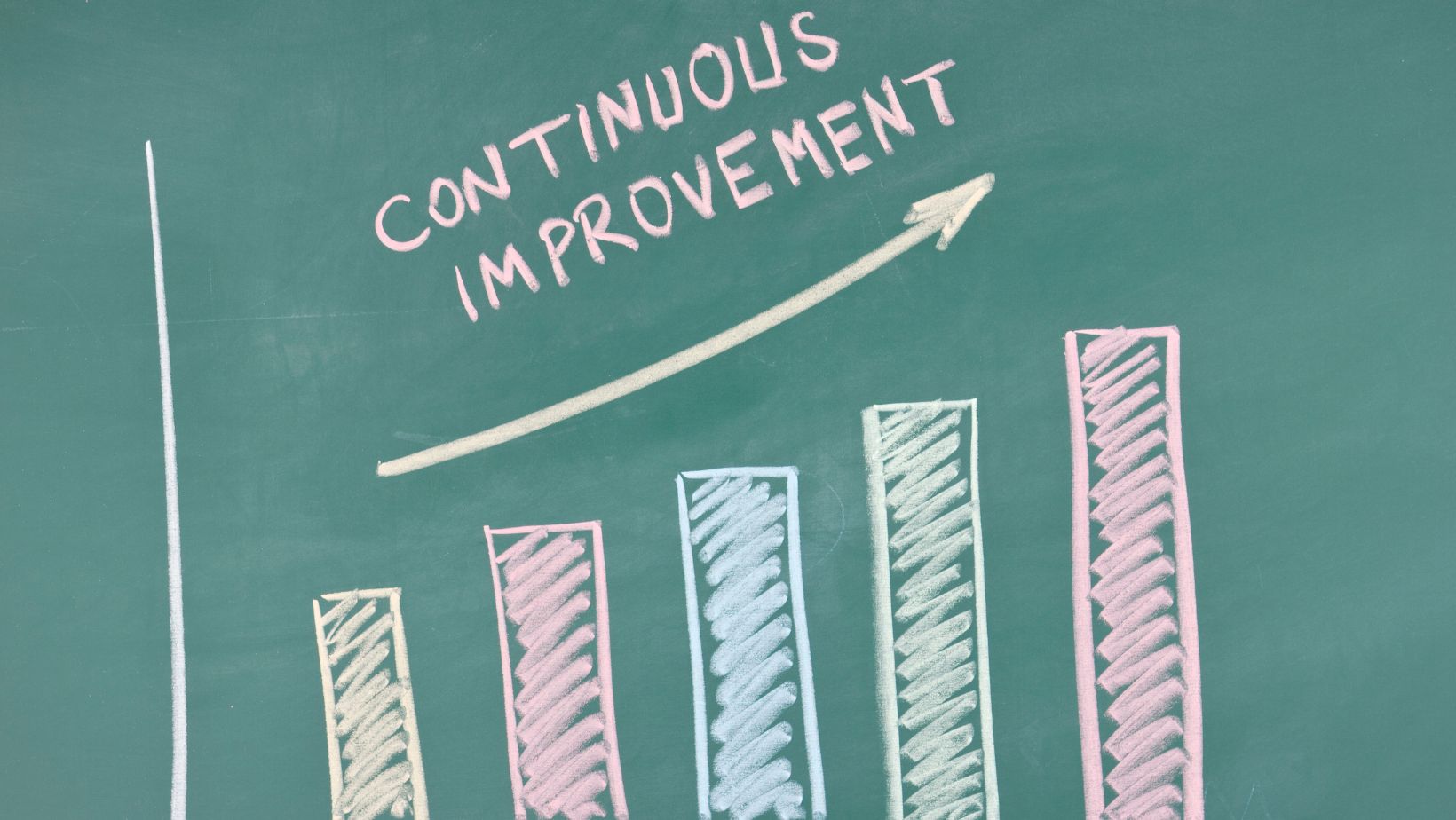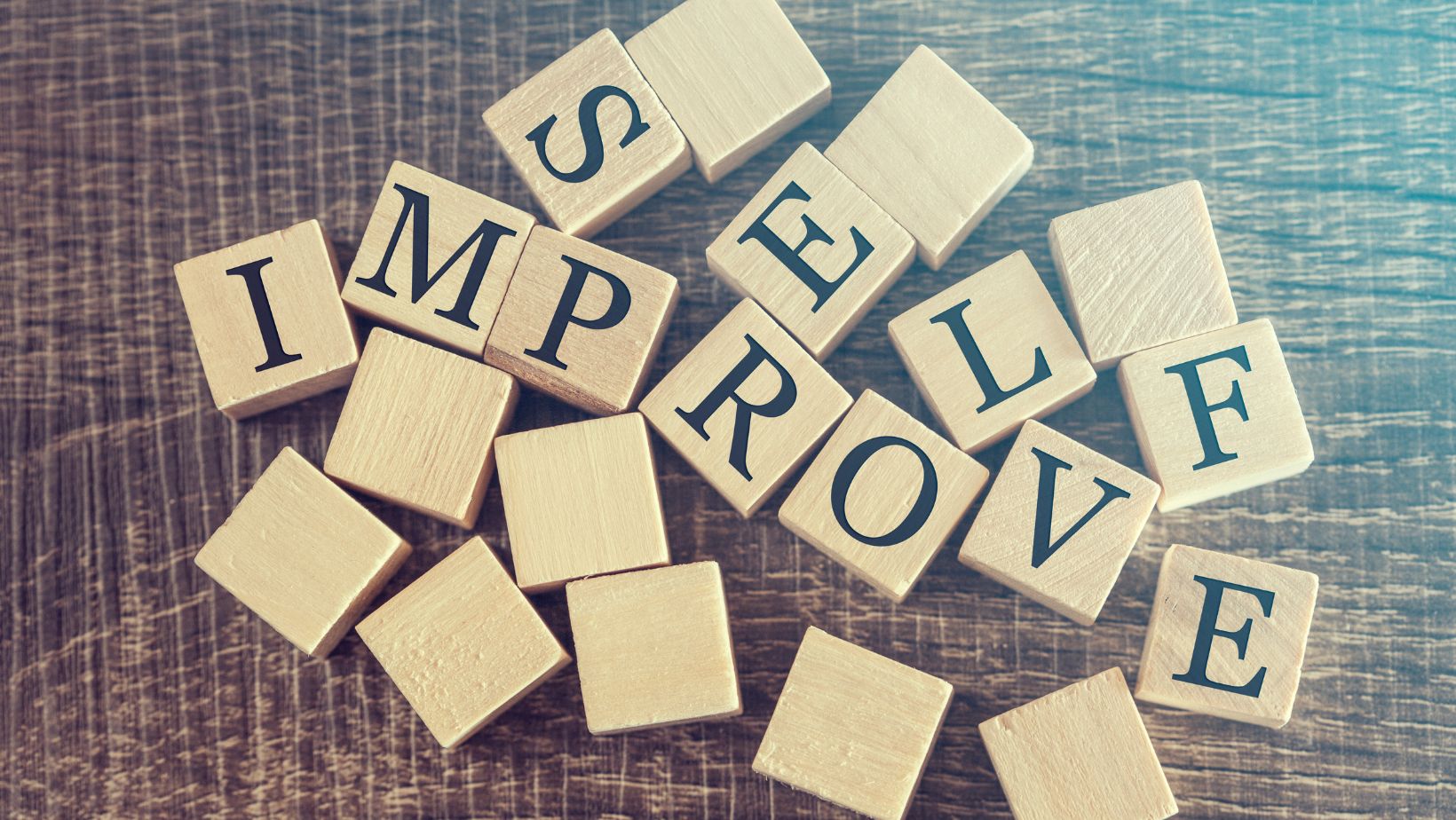
Key Takeaways
-
- Self-Improvement Definition: It involves conscious efforts to enhance skills, knowledge, and habits for personal and professional success.
-
- Key Concepts: Focus on personal development, continuous learning, effective goal-setting, and habit formation to facilitate growth.
-
- Importance of Growth: Self-improvement enhances skills, builds confidence, broadens perspectives, and creates networking opportunities.
-
- Mental Health Benefits: Engaging in self-improvement can lead to increased resilience, reduced anxiety, enhanced self-awareness, and greater life satisfaction.
-
- Effective Strategies: Utilize SMART goals for direction and employ consistent practices to develop new habits for sustained personal growth.
-
- Overcoming Challenges: Address common obstacles like lack of clarity, time constraints, and negative mindsets by embracing clear goals, routine creation, and seeking support.
Self-improvement is a journey that many embark on to enhance their personal and professional lives. It encompasses a variety of practices aimed at fostering growth, building confidence, and achieving goals. In a fast-paced world, the desire to better oneself has become more important than ever, as individuals seek fulfillment and purpose.
Understanding the meaning of self-improvement goes beyond surface-level changes. It involves a commitment to learning, self-sufficiency, and developing new skills. Whether it’s through reading, setting goals, or adopting healthier habits, self-improvement empowers people to take control of their lives and create a brighter future. As they navigate this path, they often discover not just what they can achieve, but who they can become.
Self-Improvement Meaning
Self-improvement represents a continual process aimed at enhancing one’s life through intentional actions. Individuals engage in self-improvement to achieve personal growth and professional success.
Definition of Self-Improvement
Self-improvement refers to the conscious effort to enhance one’s skills, knowledge, and habits. This pursuit may involve activities such as education, training, or lifestyle changes focused on improving emotional, physical, and mental health. By identifying areas for growth, individuals create specific strategies aligned with their goals.
Key Concepts of Self-Improvement
-
- Personal Development: Personal development emphasizes self-awareness, emotional intelligence, and resilience. Developing these traits leads to better relationships and overall well-being.
-
- Continuous Learning: Continuous learning entails acquiring new knowledge and skills throughout life. Strategies include attending workshops, reading books, and taking online courses to stay relevant in evolving environments.
-
- Goal-Setting: Goal-setting involves establishing measurable, attainable objectives. Utilizing frameworks like SMART goals (Specific, Measurable, Achievable, Relevant, Time-bound) helps individuals maintain focus and track progress.
-
- Habit Formation: Habit formation revolves around creating positive routines that foster growth. Implementing techniques such as cue, routine, and reward can transform behaviors, making self-improvement sustainable.
The Importance of Self-Improvement
Self-improvement plays a crucial role in achieving personal and professional fulfillment. It shapes individuals’ lives by fostering growth and encouraging purposeful living.
Benefits of Personal Growth
-
- Enhanced Skills: Acquiring new skills leads to increased competency in various areas, boosting overall effectiveness.
-
- Improved Confidence: A commitment to self-improvement builds self-esteem through achieving personal and professional milestones.
-
- Broader Perspectives: Personal growth fosters open-mindedness, encouraging individuals to embrace diverse experiences and viewpoints.
-
- Networking Opportunities: Engaging in self-improvement activities often leads to meeting like-minded individuals, creating valuable connections.
-
- Achieved Goals: Pursuing personal development helps in setting and attaining goals, contributing to a sense of accomplishment.
Impact on Mental Health and Well-Being
-
- Increased Resilience: Self-improvement activities build coping strategies, enabling individuals to handle life’s challenges more effectively.
-
- Reduced Anxiety: Focusing on personal growth can decrease stress levels, as individuals gain better control of their emotions and life circumstances.
-
- Enhanced Self-Awareness: Self-reflection fosters a deeper understanding of personal emotions and triggers, promoting emotional intelligence.
-
- Greater Life Satisfaction: Commitment to self-improvement enhances overall happiness by aligning personal values with daily actions.
-
- Fostering Healthy Relationships: Personal growth encourages individuals to communicate openly and nurture supportive connections with others.
Methods to Achieve Self-Improvement
Self-improvement encompasses various methods that facilitate personal and professional growth. These methods focus on practical strategies and actionable steps.
 Setting Goals Effectively
Setting Goals Effectively
Setting clear, achievable goals fosters motivation and direction. Utilize the SMART criteria—Specific, Measurable, Achievable, Relevant, and Time-bound—for effective goal-setting.
-
- Specific: Define what you want to accomplish in precise terms.
-
- Measurable: Establish criteria to track progress and measure success.
-
- Achievable: Ensure goals are realistic and attainable based on available resources.
-
- Relevant: Align goals with personal values and long-term objectives.
-
- Time-bound: Set deadlines to create urgency and focus.
Regularly review and adjust goals to adapt to personal growth and shifts in circumstances. This iterative process enhances accountability and ensures sustained commitment.
Developing New Habits
Developing new habits plays a crucial role in self-improvement by creating positive routines that support goals. Implement the following strategies for effective habit development:
-
- Start Small: Break larger goals into manageable actions to ease the transition.
-
- Consistency: Practice new habits daily to reinforce them as part of your routine.
-
- Track Progress: Use journals or apps to monitor habit formation and celebrate milestones.
-
- Accountability: Engage friends or mentors for support and encouragement.
-
- Positive Reinforcement: Reward achievements, no matter how small, to enhance motivation.
Gradually integrating these habits into daily life promotes sustained growth and improved well-being. Each established habit cultivates a foundation for broader personal and professional development.
Challenges in Self-Improvement
Self-improvement involves numerous challenges that can hinder progress. Recognizing these obstacles is essential for developing effective strategies for overcoming them.
Common Obstacles
-
- Lack of Clarity: Individuals often struggle to define their goals. Without specific objectives, motivation decreases.
-
- Time Constraints: Busy schedules can impede personal development efforts. Prioritizing self-improvement amid other responsibilities remains challenging.
-
- Fear of Failure: Fear can paralyze progress. Individuals may avoid taking risks due to concerns about potential setbacks.
-
- Procrastination: Delaying important tasks undermines growth. Procrastination often stems from overwhelming feelings or uncertainty.
-
- Negative Mindset: Self-doubt and pessimism can derail motivation. A negative outlook diminishes the belief in one’s ability to change.
Overcoming Setbacks
-
- Establish Clear Goals: Setting specific, achievable goals enhances focus and direction. Utilizing frameworks like SMART goals facilitates this process.
-
- Create a Routine: Developing a consistent schedule dedicated to self-improvement ensures regular practice. Consistency builds habits that support personal growth.
-
- Embrace Failure as Learning: Viewing setbacks as opportunities for growth fosters resilience. Each failure becomes a lesson on the path to success.
-
- Seek Support: Engaging with mentors or support groups offers encouragement and accountability. Sharing experiences can provide motivation and spark new ideas.
-
- Practice Mindfulness: Incorporating mindfulness techniques can improve mental clarity and reduce anxiety. Techniques like meditation promote a positive mindset conducive to growth.
Steps Toward a Better Version of Oneself
Self-improvement is a powerful journey that transforms lives. It’s not just about achieving goals but also about fostering personal growth and resilience. By embracing continuous learning and self-reflection, individuals can unlock their true potential and create a fulfilling life.
The commitment to self-improvement leads to enhanced skills and deeper self-awareness. It encourages healthier habits and stronger relationships. By recognizing and overcoming challenges, anyone can navigate their path to growth.
Ultimately, self-improvement is about taking intentional steps toward a better version of oneself. With dedication and the right strategies, individuals can cultivate a life filled with purpose and satisfaction.
